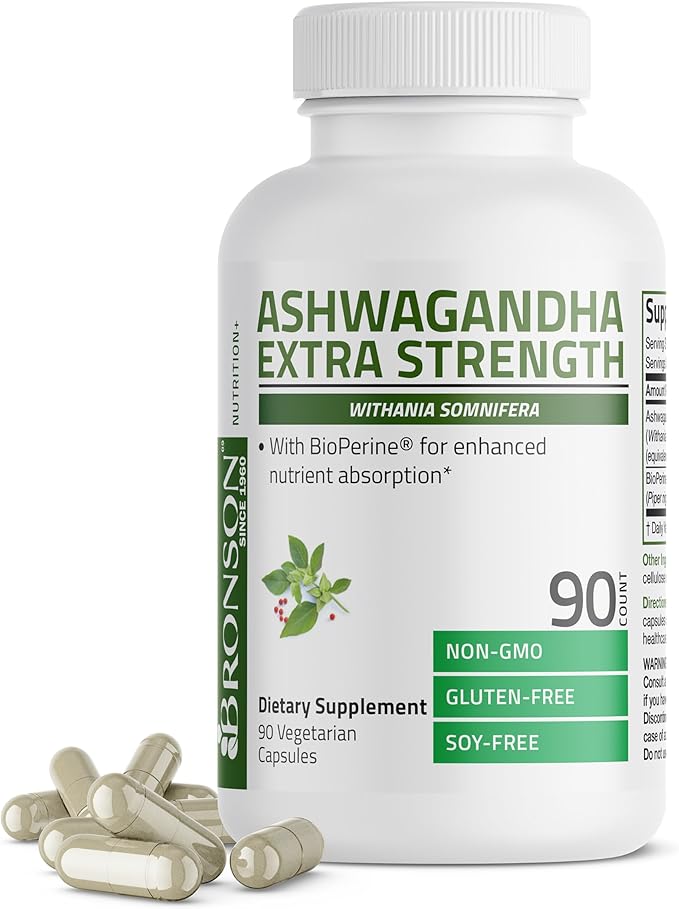Can you take Alpha Linolenic Acid and grass-fed beef liver together?
Interaction Details
Taking Alpha Linolenic Acid and grass-fed beef liver together has the potential for good synergy, suggesting a rating of 4 out of 5.
Alpha Linolenic Acid (ALA), an omega-3 fatty acid, and grass-fed beef liver, rich in various nutrients including vitamins A, D, E, K, and B12, as well as iron and other minerals, present a synergistic relationship primarily through their combined effects on inflammation, antioxidant activity, and nutrient support. ALA, as an essential fatty acid, plays a significant role in reducing inflammation and supporting heart health. Grass-fed beef liver, with its rich nutrient profile, supports liver function, immune response, and provides essential vitamins and minerals. The liver's role in detoxification and metabolism can be enhanced by the antioxidant properties of ALA, which may help protect the liver from oxidative stress. Additionally, the omega-3 fatty acids in ALA can complement the liver's production of anti-inflammatory eicosanoids, potentially enhancing the body's overall anti-inflammatory response. The combination could therefore support a balanced inflammatory response, enhance nutrient utilization, and promote overall health through their complementary mechanisms of action.
Potential Benefits
Potential Risks
Alpha Linolenic Acid
Alpha-Linolenic Acid (ALA) is an omega-3 fatty acid found in plant-based foods such as flaxseeds and walnuts. It is considered an essential fatty acid because the human body cannot produce it on its own.
Some benefits of ALA include supporting heart health and reducing inflammation.
grass-fed beef liver
Grass-fed beef liver is an organ meat supplement derived from cows raised on grass, rich in vitamins A, D, and K, as well as minerals like iron and copper.
Some benefits of grass-fed beef liver include:
- High in essential vitamins and minerals
- May improve nutrient deficiencies
- Supports healthy immune function
